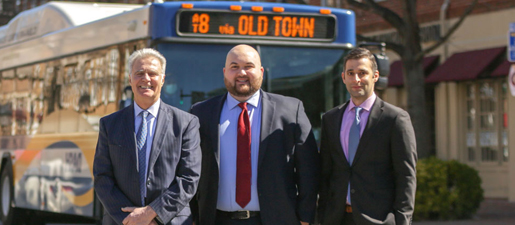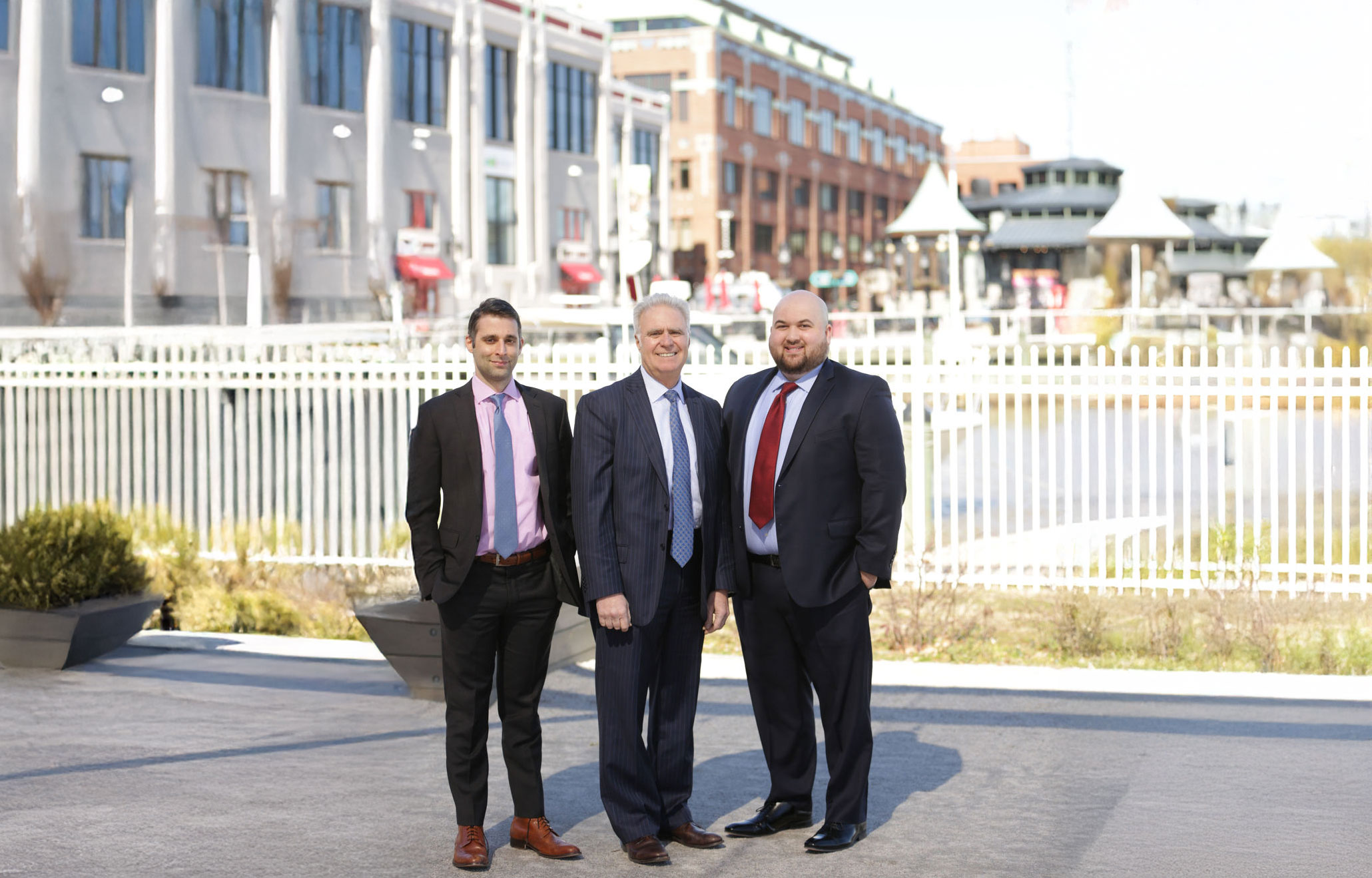After being injured by another person or entity, you made a personal injury claim against them. After being unable to reach a settlement, you filed a lawsuit, beginning with a Complaint that was responded to by the defendant’s Answer.
At this point, you entered the discovery process, where all parties begin gathering evidence to understand one another’s position better and develop court strategies.
Discovery usually starts with written discovery, consisting primarily of interrogatories and requests for the production of documents. These are just two of the handful of the tools used that can lead to the discovery of admissible evidence in court, as well as to a possible settlement before trial.
After the usual round of initial written discovery, parties will typically use the next core discovery tool: depositions.
What are Depositions?
Depositions are similar to interrogatories in that they ask questions to the other party who must answer under oath (with few exceptions), but differ because they are conducted in person by the lawyers representing the parties. Interrogatories are written answers to written questions, and depositions are done orally. Together, depositions and interrogatories make up most of the discovery phase.
Depositions serve many key purposes. They enable each side to:
- Establish a dialogue and official record of all the facts known by the deponent, as well as learning the limits of the deponent’s knowledge of the facts; Gain an understanding of the other party’s version of events, the arguments they will use in Court, and facts relied upon to support those arguments;
- Pinpoint the strengths and weaknesses of the case that could impact the verdict; and
- Allows a party to explore a deponent’s Answer to the Complaint, their answers to the interrogatories, to questions them about any documents or photographs relevant to the case, as well as any defenses raised to the lawsuit, such as contributory negligence, and facts supporting such defenses.
Both sides have the right to depose the opposing party. A deposition is not something you will face alone. Your attorney will be present at your deposition and will offer you guidance beforehand on what to expect and on how to be a good witness.
The three main rules of being a good witness in a deposition are straightforward and make commonsense and are all related:
- First and foremost, tell the truth!
- And in order to tell the truth, make sure you understand the question that you are being asked, if not, ask the lawyer to rephase it.
- Once you are sure you understand the question being asked, answer the question only and stop talking. Do not volunteer information.
It is perfectly acceptable to respond that you do not know the answer to the question or cannot remember the answer if that is the truthful response. Alternatively, false statements, intentional or not, violates the first and foremost rule to tell the truth and will be harmful to your case.
What Information Do Depositions Seek?
If you are called in for a deposition, the defendant’s personal injury attorney will ask you questions about the circumstances and details related to your case. Questions regarding your personal background, accident details, your injuries, and how your life has changed will also be standard questions.
Commonly sought out information in personal injury depositions include:
- The location of the accident;
- Weather conditions at the time of the accident;
- Date, time, and day of week;
- Witnesses;
- Injuries sustained and treatment received;
- Symptoms at the scene and after the accident to the present; and
- Questions will also be asked dealing with circumstances surrounding the traumatic event.
De Bene Esse Depositions
A de bene esse deposition is a specific type of deposition that may occur. These depositions are usually recorded and will be played in Court in lieu of live testimony. They are conducted if there is a need to preserve a witness’s testimony to use at trial if he or she is unavailable to testify live. It is becoming more common to present the testimony of medical doctors via a de bene esse deposition. De bene esse depositions are subject to the same rules of evidence* as if the witness was testifying live at trial.
In our next blog, we explain the process of producing documents.
* Virginia Evidence for the Trial Lawyer – Curcio Law’s Thomas J. Curcio is a co-author.

